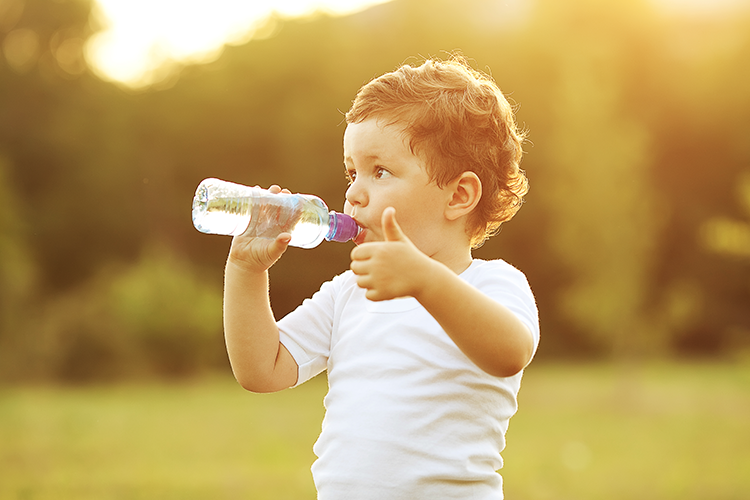Blog
Soda consumption is down!
American’s are drinking less of the fizzy drink! Well, at least most.
Using statistics from an on-going U.S. national health survey, a new Harvard TH Chan School of Public Health study published in the journal Obesity reveals that consumption of a sugary drink on any given day in 2003 compared to 2014 is down from 79.7% of children to 60.7%, and 61.5% to 50% of adults.1
“SSBs are a leading source of added sugar to the diet for adults and children in the U.S. and their consumption is strongly linked to obesity,” said study author Professor Sara Bleich.
Overall beverage consumption was down, largely driven by fewer people drinking sweetened beverages, and those that do continue to drink them consuming less overall.
Coffee, tea and alcohol consumption pretty much plateaued, though those over 60 years of age are tending to up the booze intake.
Reassuringly, across all age groups, water intake is up! Researchers believe this is because soft drinkers are switching to H2O.
Why?
The researchers suggest it reflects “…a recent “turning point” toward lower energy intake in the US diet, potentially attributable to widespread discussion and media coverage of the role of certain foods (e.g., SSBs) in promoting obesity, changes to food allowances within the Special Supplemental Nutrition Program for Women, Infants and Children, improvements to school feeding programs, and product reformulations by food manufacturers and retailers.”
Taxing sugary drinks in a few locations across the country is also having an effect.
However, some demographics still continue to consume as much as they did 10 years ago – a trend we hope to see change in the future.
“Understanding which groups are most likely to consume SSBs is critical for the development of effective approaches to reduce SSB consumption,” said Professor Bleich. “Even though we’re seeing declines, consumption is still highest among blacks, Hispanics and adolescents, and these groups are at higher risk for obesity.”
Finally, juice consumption remained the same among all children, and monitoring consumption in surveys such as this is important as evidence strengthens the link between overconsumption of juice and weight gain, particularly in kids.
By Angela Johnson (BHSc Nut. Med)
References:
- Bleich, SN Vercammen, KA Koma, JW and Li, Z 2017, ‘Trends in Beverage Consumption Among Children and Adults, 2003-2014’, Obesity, [ePub]












